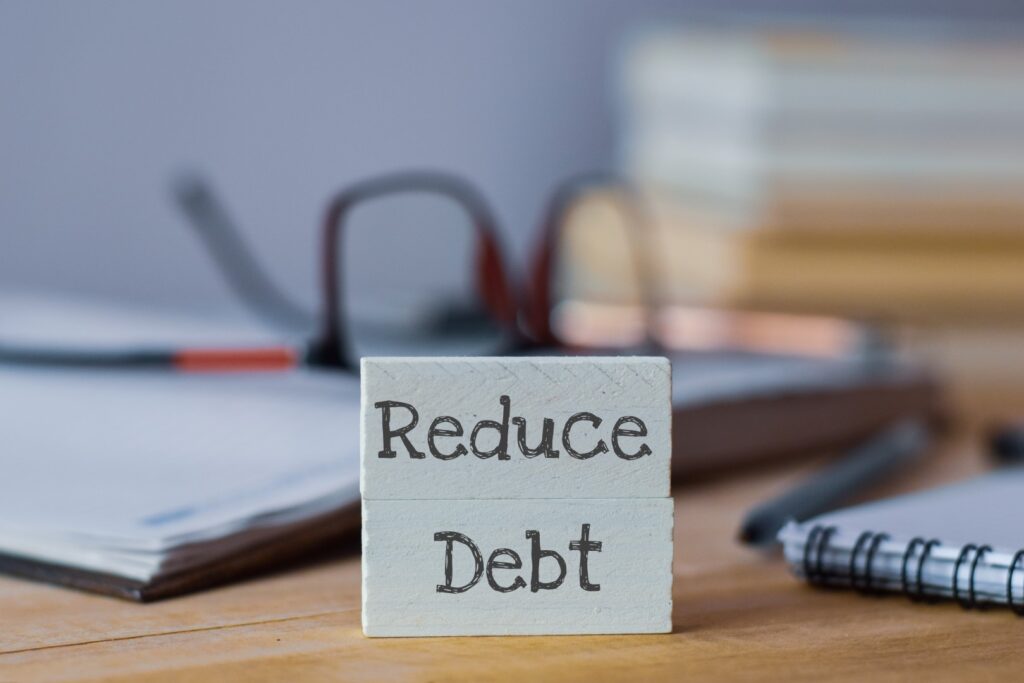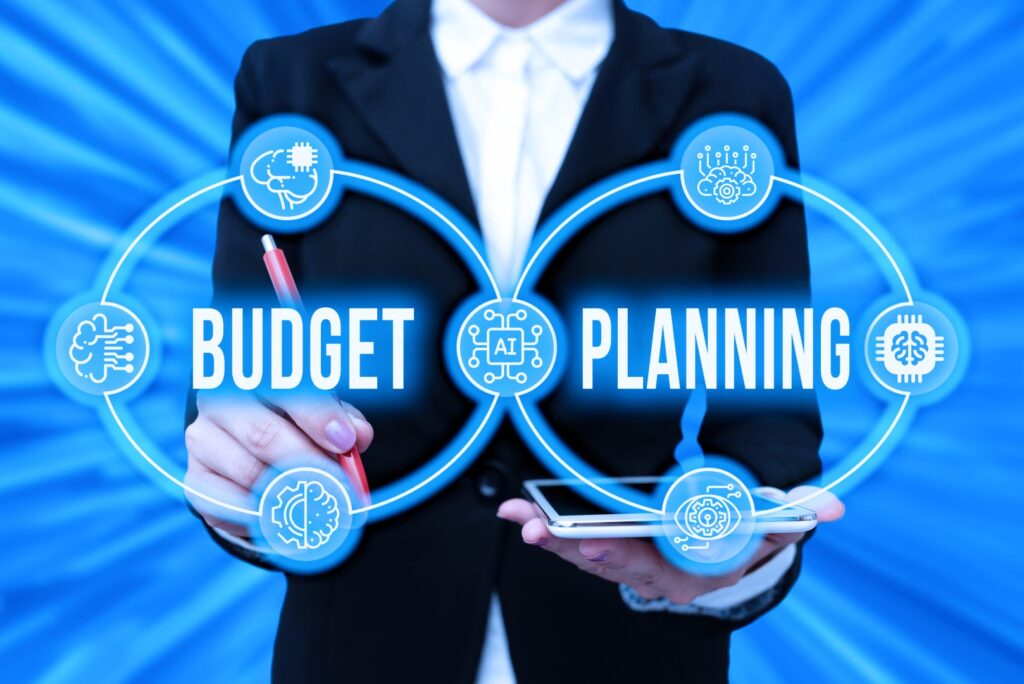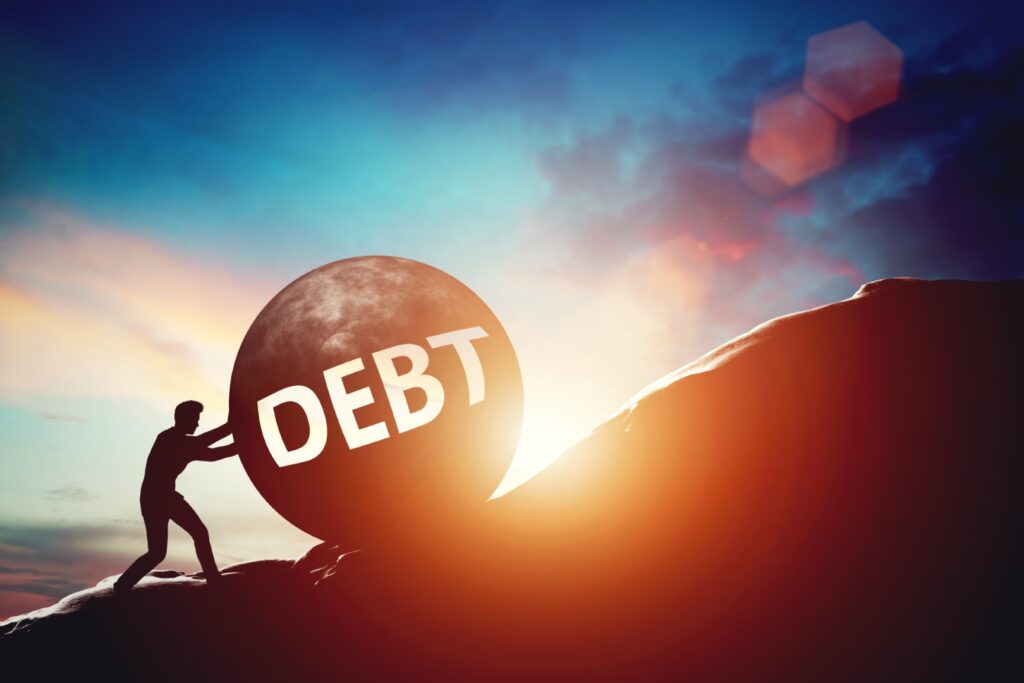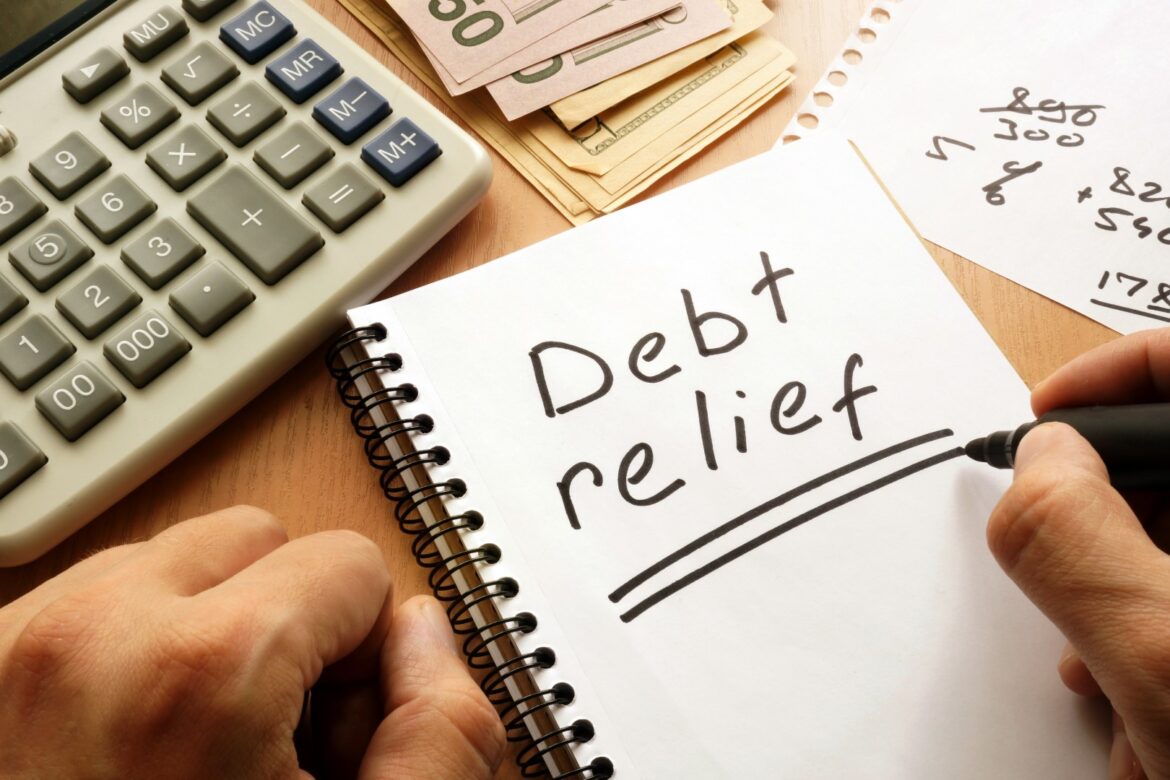Debt can be a significant burden on your finances, and getting out of debt can be a long and challenging journey. However, with the right strategies, it’s possible to reduce your debt and achieve financial freedom faster. In this article, we’ll explore some debt reduction strategies that can help you get out of debt faster.

Create a Budget
The first step to reducing your debt is to create a budget. A budget can help you identify your income and expenses and determine how much money you have available to pay off your debts each month. To create a budget, start by listing all of your sources of income and all of your monthly expenses, including your debts. Then, subtract your expenses from your income to determine your monthly cash flow. Finally, allocate a portion of your cash flow to paying off your debts each month.
Prioritize Your Debts
Once you have created a budget, prioritize your debts based on their interest rates. Focus on paying off the debts with the highest interest rates first, as these debts will cost you the most in interest charges over time. You can also consider consolidating your debts into a single loan with a lower interest rate, which can help you save money on interest charges and simplify your debt repayment process.
Negotiate with Your Creditors
If you’re struggling to make your debt payments, consider reaching out to your creditors to see if they can offer you any assistance. Many creditors are willing to work with their customers to create payment plans or adjust their interest rates to help them pay off their debts. It’s also possible to negotiate with your creditors to settle your debts for less than what you owe, although this option can have a negative impact on your credit score.
Increase Your Income
If you’re having trouble paying off your debts with your current income, consider finding ways to increase your income. This could include getting a second job, starting a side hustle, or selling unwanted items. By increasing your income, you can allocate more money to paying off your debts each month, which can help you get out of debt faster.
Cut Your Expenses
Another way to free up more money to pay off your debts is to cut your expenses. Look for ways to reduce your monthly bills, such as by cutting cable or satellite TV, switching to a cheaper cell phone plan, or reducing your energy usage. You can also look for ways to cut your discretionary spending, such as by eating out less or shopping for bargains.
Use Windfalls to Pay Off Debt
If you receive a windfall, such as a tax refund or a bonus at work, consider using it to pay off your debts. By using windfalls to pay off debt, you can make a significant dent in your outstanding balances and reduce the amount of interest you’ll pay over time.

Seek Professional Help
If you’re struggling to manage your debt on your own, consider seeking professional help. A credit counselor can help you create a budget, negotiate with your creditors, and develop a debt repayment plan. A debt management plan can help you consolidate your debts into a single monthly payment and reduce your interest rates. If you’re overwhelmed by your debts and considering bankruptcy, a bankruptcy attorney can help you explore your options and determine whether bankruptcy is the right choice for you.
Final Thoughts
Reducing your debt can be a challenging journey, but with the right strategies, it’s possible to achieve financial freedom faster. By creating a budget, prioritizing your debts, negotiating with your creditors, increasing your income, cutting your expenses, using windfalls to pay off debt, and seeking professional help if necessary, you can reduce your debt and achieve your financial goals. Remember, the key to getting out of debt is to stay disciplined, stay motivated, and stay focused on your long-term financial goals. With the right mindset and approach, you can overcome your debt and achieve financial freedom.
It’s important to remember that debt reduction is not a one-time event, but rather an ongoing process. Once you’ve paid off your debts, it’s essential to continue living within your means and avoiding new debt. By maintaining good financial habits, you can avoid falling back into debt and continue building your wealth over time.

In conclusion, getting out of debt can be a challenging and lengthy process, but it’s possible with the right strategies. By creating a budget, prioritizing your debts, negotiating with your creditors, increasing your income, cutting your expenses, using windfalls to pay off debt, and seeking professional help if necessary, you can reduce your debt and achieve your financial goals. Remember, the key to success is to stay disciplined, stay motivated, and stay focused on your long-term financial goals. With time and effort, you can overcome your debt and achieve financial freedom.
